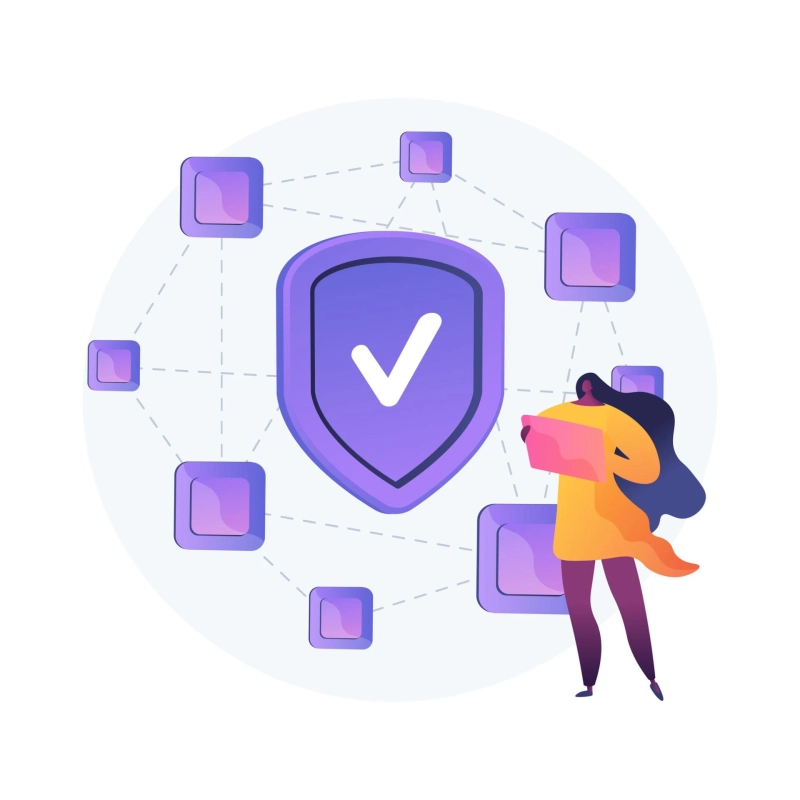What was the learning curve like for a decentralized application? It's safe to anticipate that the majority of us will respond "never," in my opinion. Even among the most well-known figures in computers, there is a lot of confusion about the differences between dApps and standard web apps. DApps can significantly enhance the efficiency of many new businesses and startups' operations. It's interesting to watch people create robust dApps that have the ability to completely alter the business environment.
In this post, we'll discuss the fundamentals of dApps, their advantages and disadvantages, and the many stages of development.
Consider the requirements of decentralized application consumers.
When discussing a dApp,
The fact that blockchain is the foundational technology for decentralized apps should not be overlooked. Therefore, you won't have any trouble understanding how dApps operate if you are aware of how blockchain development company operate. The basic functionality of a decentralized application, or dApp, is developed using distributed, peer-to-peer code. It does away with the requirement for a centralized administrator by combining a smart contract with an interactive front interface.
In the most cutting-edge area of IT, namely blockchain dApp development, this transition is immediately noticeable. Except for the fact that a dApp runs on a P2P network rather than a single computer, there is no distinction between a dApp and any other online software you might use on your smartphone.
Tech advancements for dApps
Public Cloud Archiving
Undoubtedly one of the most intriguing and well-known applications for dApps is decentralized cloud storage. It can be used by anyone as an alternative to centralized cloud storage systems like Google Drive or Dropbox, which are more conventional. You may feel secure knowing that your files are secured by encryption and can only be viewed with the right passcode if you're working with sensitive data.
Protecting each person's privacy
Let's reiterate the need for security, as it was just addressed. A secure identity platform based on blockchain technology may help avoid identity theft, according to some. Only authorized authors will be able to access your website or mobile app, thanks to a secure login and registration process.
Correct billing and data analysis
A fascinating application of business intelligence is the use of decentralized applications (dApps) for billing. In this use case, users can utilize decentralized blockchain apps to access company data and bills. The blockchain not only saves data but also confirms its accuracy and security.
Without any pauses
The inclusion of smart contracts at the blockchain and the app's core in dApp development services enables more client facilitation with little downtime.
There are no Data Leaks.
Information maintained on the blockchain with the use of cryptographic primitives is unalterable and unchallengeable by any user. Additionally, when information is made accessible to the general public, negative behaviors like fabricating transaction records or other types of information become impossible.


